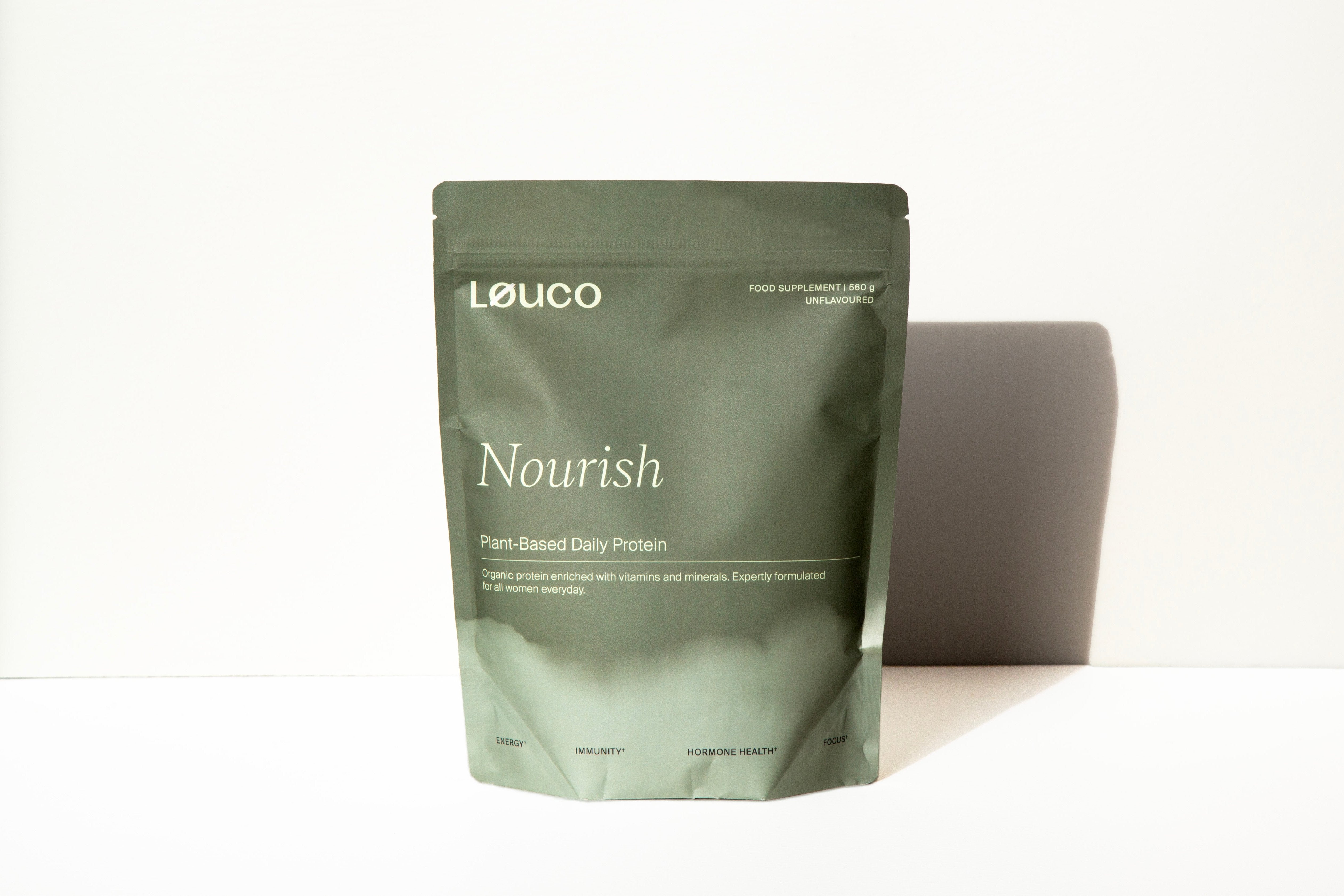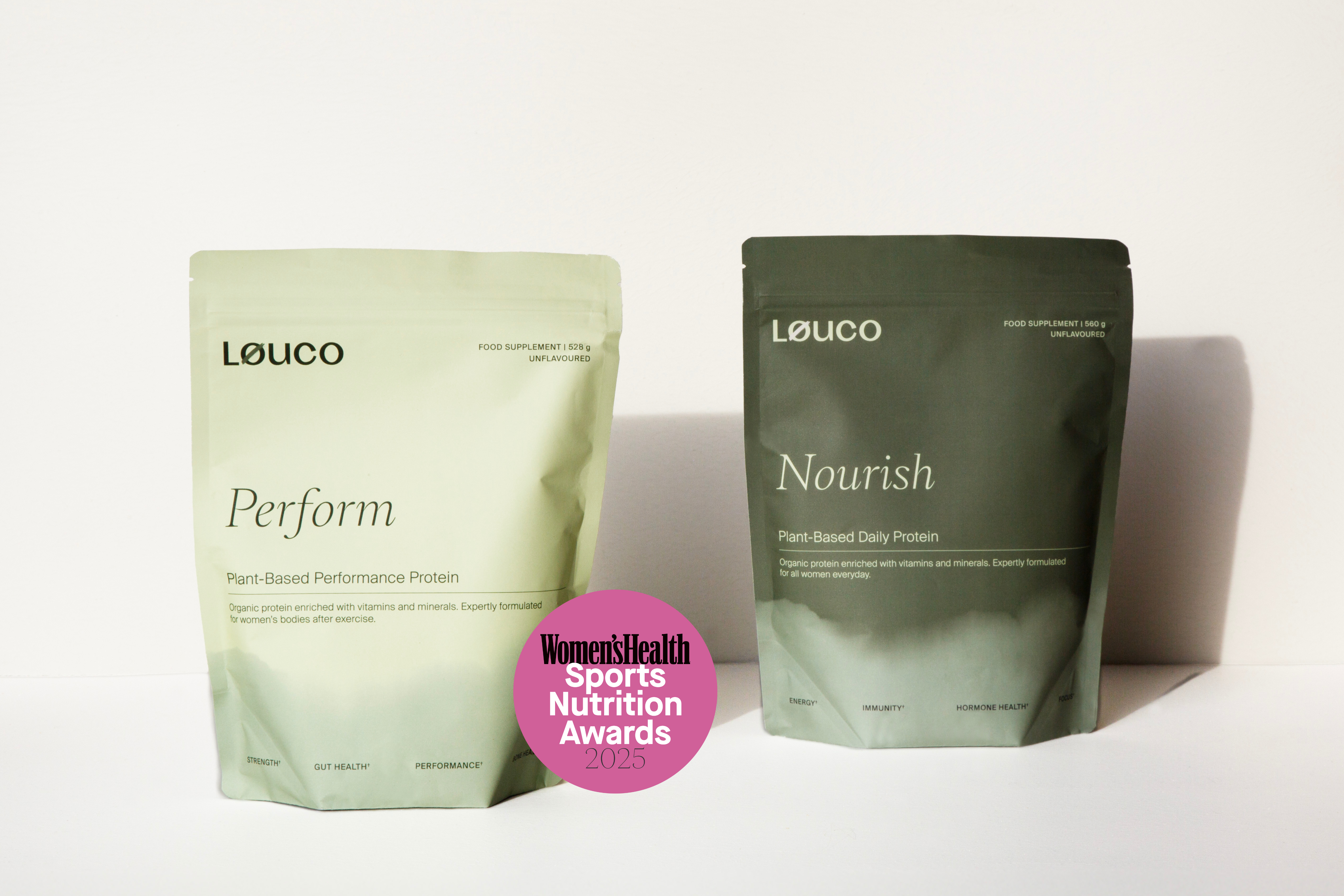LØUCO x Science
At LØUCO, we’re all about supporting your journey toward well-being, and that includes offering science-backed insights to help you achieve your goals. Whether you’re aiming to improve your fitness, balance your nutrition (hello, protein goals!), or create healthier routines, understanding the psychology behind habit formation can make all the difference. Here are some practical, psychology-backed tips to help you set effective goals and form lasting habits.
1. Start Small and Specific
Big, vague goals like “I want to get fit” can feel overwhelming. Instead, break them into small, specific, and achievable steps. For example:
-
“I will walk for 20 minutes after dinner three times a week.”
By setting small, actionable goals, you create a clear roadmap for success. Psychology research shows that achieving these micro-goals provides a dopamine boost, reinforcing your motivation and signaling to your brain that progress is being made. Over time, these small wins snowball into meaningful changes, like sticking to your protein intake goals or making time for workouts.
2. Anchor New Habits to Existing Routines
Ever notice how easy it is to fall into patterns once a routine is established? That’s because our brains thrive on associations. To make a new habit stick, try anchoring it to an existing routine. This technique, known as habit stacking, works wonders. For instance:
-
Want to start meditating? Pair it with your morning coffee.
-
Planning to up your protein intake? Switch your post-gym cooldown juice for a cold protein shake.
This cue-driven approach leverages the brain’s natural tendency to link new behaviours with familiar ones, making it easier to remember and execute.
3. Focus on Consistency, Not Perfection
When forming habits, it’s tempting to aim for perfection—but consistency is the real key. Missing a day (or two) isn’t the end of your progress. Avoid falling into the “all-or-nothing” mindset, which can derail motivation.
According to habit reinforcement principles, repetition is what makes behaviours automatic. Showing up consistently—even if it’s not perfect—helps build momentum. So, if you’re working on including more protein in your diet, prioritise regular, balanced efforts over flawless execution.
At LØUCO, we believe that small, intentional changes lead to long-term well-being. Whether you’re setting fitness goals, balancing your nutrition, or simply striving to show up for yourself, these tips can help you create habits that last.
Looking for more science-backed insights? Sign up to our email list below to follow along with our LØUCO x Science series, where we dive into the research behind health, wellness, and nutrition.
Let’s build healthier habits, together.

Written by: Dr Jo Mennie | Co-Founder










